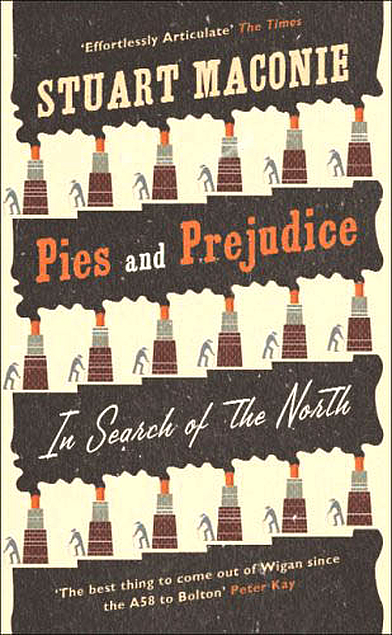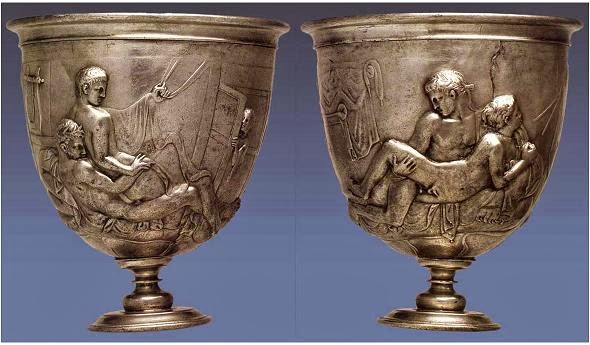Barbara Demick "Nothing To Envy: Real Lives In North Korea" (Granta Books)

Barbara Demick gives us a rare glimpse into the day-to-day life of the people of North Korea. Through the tales of six people who managed to escape the "Hermit Kingdom", we are exposed to horrors that are all but unimaginable.
We read of the initial prosperity of t the 60's and 70's and the decline from there, which ended in the famines of the 1990s. We read of a country where the people are so malnourished the average height to be accepted into the army had to be lowered(to something like five feet). A country where if you were able to purchase a television set, you would need to register it with the government, which would then block all channels except the approved state television networks, and could then show up at your home to inspect the television.
As I read this book I had to stop and process the severity of the tales the author was telling us. People starving in such numbers you would stumble over dead people in the street. Arrests and deportations of 3 generations of a family for the most minor infractions.
This is a must-read for anyone interested in the Stalinist state, although it is at times hard to process due to the overwhelmingly depressing tales.

Barbara Demick gives us a rare glimpse into the day-to-day life of the people of North Korea. Through the tales of six people who managed to escape the "Hermit Kingdom", we are exposed to horrors that are all but unimaginable.
We read of the initial prosperity of t the 60's and 70's and the decline from there, which ended in the famines of the 1990s. We read of a country where the people are so malnourished the average height to be accepted into the army had to be lowered(to something like five feet). A country where if you were able to purchase a television set, you would need to register it with the government, which would then block all channels except the approved state television networks, and could then show up at your home to inspect the television.
As I read this book I had to stop and process the severity of the tales the author was telling us. People starving in such numbers you would stumble over dead people in the street. Arrests and deportations of 3 generations of a family for the most minor infractions.
This is a must-read for anyone interested in the Stalinist state, although it is at times hard to process due to the overwhelmingly depressing tales.
















